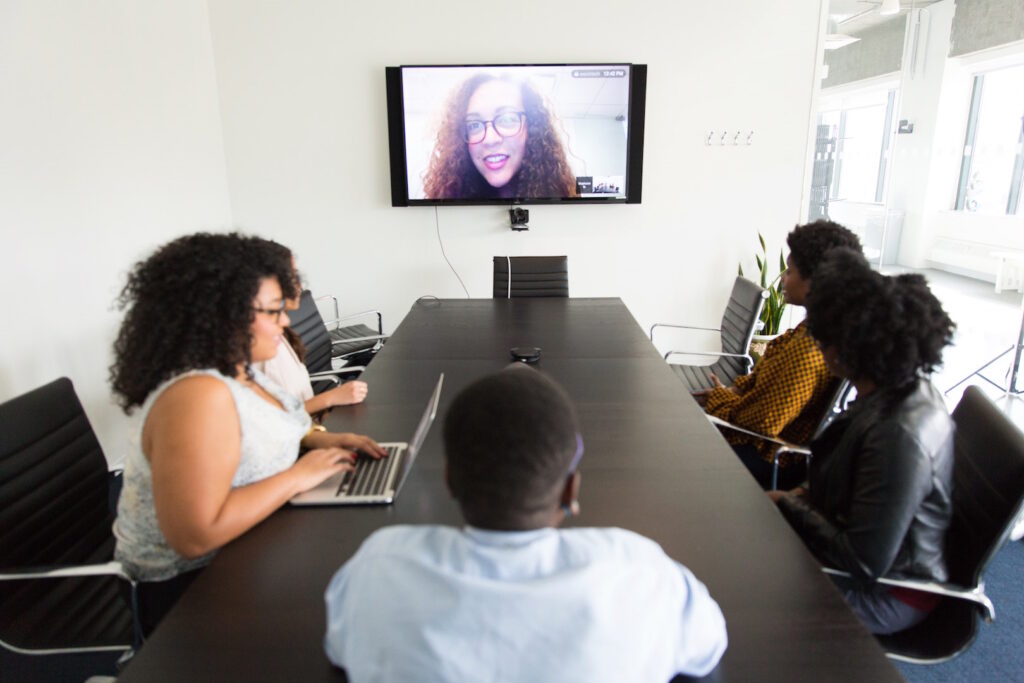VIDEO-WITNESSING OF A WILL IN A NEW NORM: DAWN OF A NEW ERA (PART 3)
VIDEO-WITNESSING OF A WILL IN A NEW NORM: DAWN OF A NEW ERA (PART 3)
Previously, we discussed the legality and possible digital reformation of electronic wills and e-signature. For our topic today, we will discuss the third requirement of a valid will under the Wills Act 1959, that is the presence of the witness during the signing of a will and whether it is possible to satisfy the said requirements via video-witnessing since to be physically present during this time of Covid-19 might not be possible due to Movement Control Order (MCO).

Presence of witnesses – Section 5 of Wills Act 1959
Section 5 of Wills Act 1959
(2) …..such signature shall be made or acknowledged by the testator as to the signature to his will in the presence of two or more witnesses present at the same time…
Based on the above provision, for a will to be valid, it must be signed by a testator (person making the will) in the presence of a minimum of two (2) witnesses. The question here is, must the witness be physically presence or does it allow for video-witnessing?
Other Jurisdictions
- Victoria, Australia
The new regulations, which are enacted on 23 March 2021, allow wills to be signed electronically and witnessed by an audio-visual link and came into effect from 26 April 2021. Previously, a will would only be valid if it was physically signed by the testator in the physically presence of two (2) witnesses. However, the law had to adjust to the new norm when Covid-19 hit the world, imposing social distance and other restrictions on physical contact and movement. Temporary measures were adopted in allowing the Wills and other documents to be signed and witnessed remotely. Recently in Victoria, new sections 8A-8D of the Wills Act 1997 mandate a new ‘remote witnessing procedure’ in which a will signed in Victoria in accordance with this procedure is considered as a valid will and this mandate has become permanent in Victoria.
- United States of America (USA)
Even before the pandemic, several jurisdictions in the United States allowed for virtual notarization of wills and other documents. Each state, however, has different measures on video-witnessing. Such states include, among others:
i) NEVADA
Nevada by far the first state to address and recognised e-wills where Nevada enacted the regulations in 2001 and substantially revised it in 2017. Based on their regulations, even if the parties use audio-visual communication, the witnesses are regarded as “present” while the testator signs his Will (refer: Nev. Rev. Stat. § 133.088).
ii) FLORIDA
Effective July 1, 2020, Florida allows wills to be witnessed and notarised remotely using real-time, two-way audio-video communication. Florida has built into its laws a mandatory requirement if remote witnessing is used such as the testator must answer a few questions concerning whether he or she is under the influence of drugs or alcohol, has a long-term impairment that limits daily activities or requires assistance with daily care. If the answer to those questions is yes, then the will ceremony must stop and video-witnessing is not an option (refer: Fla. Stat. § 117.285).
- United Kingdom (UK)
Under Section 9 of the Wills Act 1837, a Will must be signed by the testator “in the presence” of two witnesses. However, according to the new law that took effect on 28 September 2020, the meaning of “in the presence of” has been extended to include video-conferencing or other visual communication. These new rules will be backdated to 31 January 2020 and will remain in effect until 31 January 2022. If the government deems it essential, this period can be shortened or extended. The government has also issued detailed guidance about remote witnessing and has set out a suggested process to be followed for signing a Will via video link. One of the mandatory requirements is the video link must be live and cannot be pre-recorded.

Position in Malaysia
In Malaysia, there are no specific provisions to address the challenges of witnessing the wills during the MCO Period, except for the guideline from the Bar Council Conveyancing Practice Committee (“CPC”) circular that was issued on 30 August 2021. The said circular clarified video conference and not physically present with the person signing the document is not considered as ‘in the presence of’. Furthermore, there are no reported cases on video-witnessing in Malaysia to further guide us on this subject matter.
Since March 2020, the Covid-19 pandemic has resulted in a series of lockdowns affecting businesses including law firms across Malaysia and has undoubtedly changed the way we live. The need to socially distance and an ever-changing number of restrictions has created new challenges for us, especially with respect to the signing of wills where the presence of a witness is required. During this pandemic, there are some people that need to self-quarantine. At this point, it is difficult to meet the requirement of ‘physically present’ during witnessing. It is vital that people are not putting themselves at risk in order to sign and witness a will. Furthermore, the pandemic has brought an increased demand for people to make a will and where previously a solicitor or witnesses can visit the testator at their home or in hospital, this is no longer possible, especially to those who need to be self-isolated.
Since we are entering a new norm, such rigid requirements are difficult to follow. There is a need to revise our regulations to adopt and allow video-witnessing just like other countries as we are not sure when the government will impose another lockdown. Having specific regulations and proper guidelines could help to determine the validity of video-witnessing. Our legislation must consider the technology advancement, where a digital transformation is no longer an option. We need to embrace digitalisation to cater to our situation during pandemics.


















